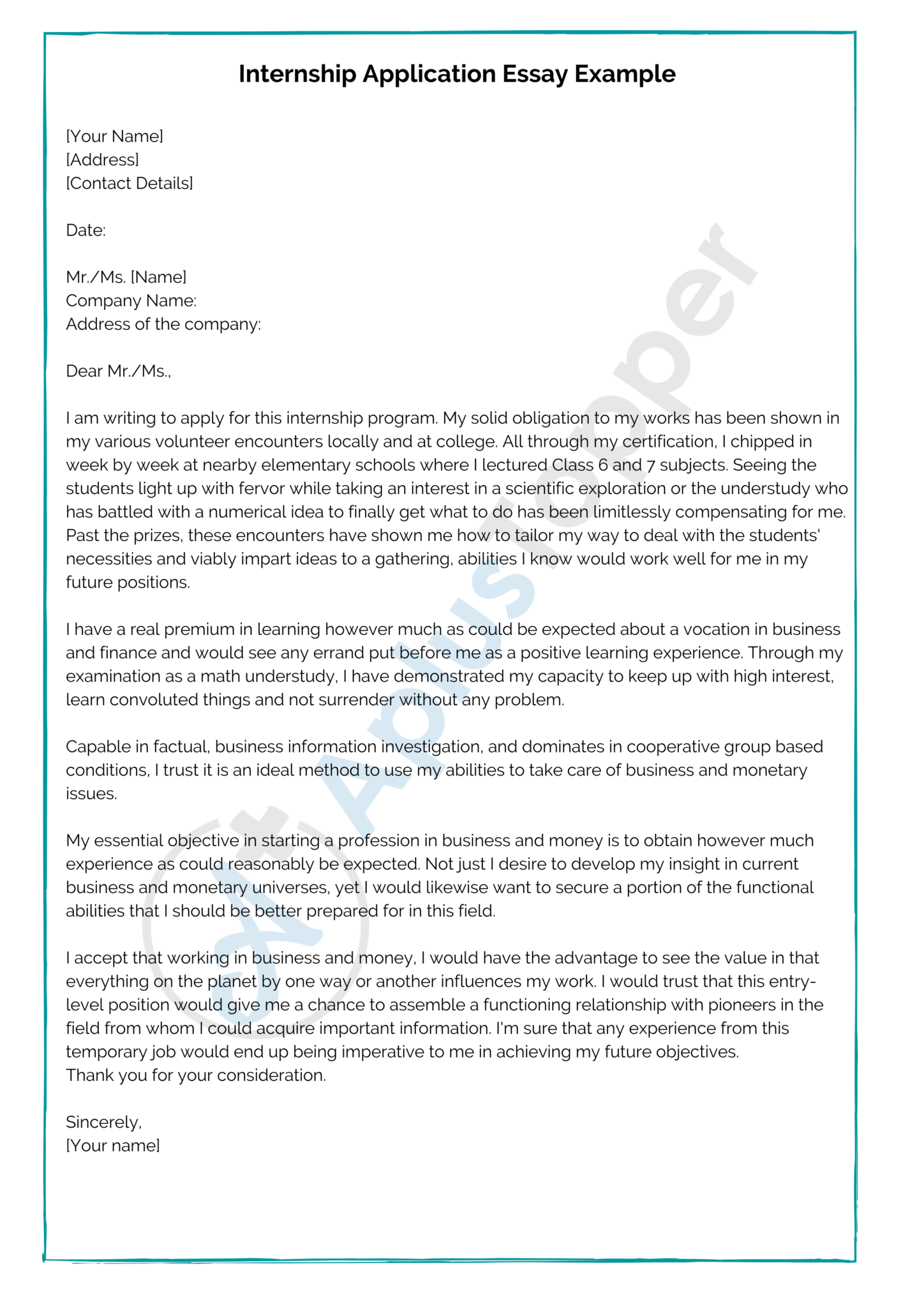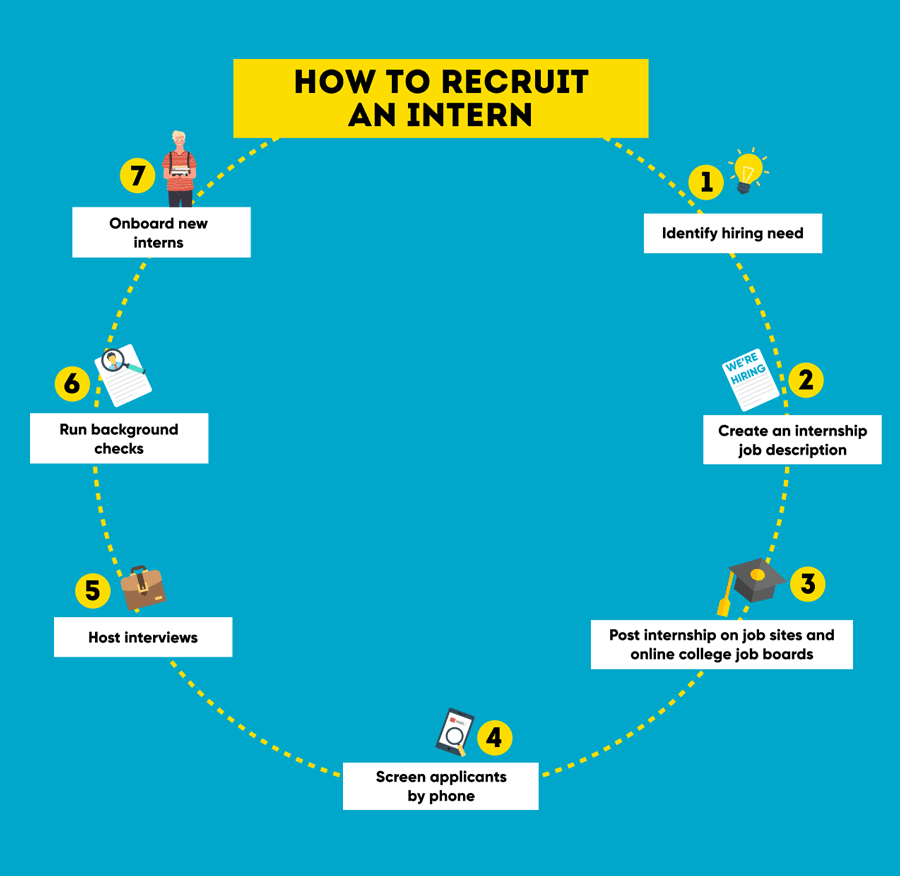Unbelievable Tips About What's A Better Way To Say Intern

Beyond "Intern"
1. Finding the Right Words for Rising Stars
Let's face it, the word "intern" can sometimes feel a bitunderwhelming. It doesn't always capture the energy, potential, and sheer awesomeness of the individuals who are just starting their careers and eager to contribute. We need alternatives! The keyword "intern," a noun, is our jumping-off point. This article is all about exploring richer, more descriptive terms that accurately portray these budding talents.
Think about it: an intern isnt just an intern. Theyre often a future leader, a creative thinker, a problem-solver in training. Why box them in with a single, potentially limiting word? Consider the context. Are you writing a job description? Praising their work? Introducing them to a client? The situation dictates the most appropriate language. It's time to dig deeper and unearth the perfect phrases!
Using more dynamic language not only respects the individual but also paints a clearer, more compelling picture for your audience. Are you looking to attract top talent? A stale job posting using generic terms is unlikely to cut it. Show, don't just tell, how much you value their potential by using vibrant, engaging language.
So, ditch the drab and embrace the descriptive! Let's unlock a treasure trove of alternatives that truly shine a spotlight on the brilliance of these emerging professionals. We want language that reflects their drive and what they bring to the table, even before they've "officially" arrived.

Unleashing the Vocabulary
2. From "Junior Associate" to "Emerging Talent"
Okay, lets brainstorm some alternatives. Consider "Junior Associate." It sounds a bit more professional, right? It implies they're part of the team, contributing in a meaningful way, not just fetching coffee (although, let's be honest, sometimes coffee is a meaningful contribution!).
"Trainee" is another option, particularly if the role involves formal training. "Apprentice" works well in more hands-on, skills-based industries. Then there's the phrase "Emerging Talent." Doesnt that sound promising? It suggests potential and growth, highlighting the long-term investment you're making in their development. We might also use "New Professional," especially when introducing someone to clients or partners; it's direct, clear, and avoids any hint of undervaluation.
Don't underestimate the power of descriptive adjectives. Instead of "the intern," try "our enthusiastic new team member," or "the highly motivated junior developer." These small changes can make a huge difference in perception. The key is to be specific and genuine. Don't just throw around fancy words; make sure they accurately reflect the person's role and contribution.
Think about the company culture too. A startup might prefer a more informal term like "Rising Star" or "Future Leader," while a more traditional organization might lean towards "Junior Analyst" or "Assistant." The aim is to find words that resonate with both the individual and the company's values.

Crafting Compelling Job Descriptions
3. Attract the Best with Your Choice of Words
Job descriptions are your first impression. They're your chance to woo the best and brightest. And let's be honest, "Intern Wanted" isn't exactly going to set pulses racing. It's about so much more than just filling a position; it's about attracting individuals who are genuinely excited to contribute to your team. Its like online dating, but for work!
Instead of a bland "Intern," try something like: "Seeking a Motivated Junior Associate to Support Our Marketing Team." Or, "Join Our Team as an Emerging Talent in Software Development." The point is to highlight the opportunity for growth and development. Show candidates that you're investing in their future. Focus on what they'll learn, the skills they'll gain, and the impact they'll have. Use active verbs like "develop," "create," "analyze," and "contribute" to paint a picture of engaging work.
Avoid phrases that suggest menial tasks or low-level responsibilities. Even if those tasks are part of the job (and lets face it, they often are), frame them in a way that emphasizes their importance to the bigger picture. For example, instead of "filing documents," try "managing and organizing critical documentation to ensure efficient team workflow." See the difference? It's all about perspective.
And don't forget the company culture! Showcase what makes your organization unique. Is it a collaborative environment? A fast-paced startup? A mission-driven non-profit? Let your personality shine through in your job descriptions. This will help attract candidates who are a good fit for your team.

The Importance of Recognition
4. Giving Credit Where Credit Is Due
When it comes to recognizing the work of "interns" or whatever we choose to call them, language matters just as much. Publicly praising someones work using generic phrases can feelwell, generic. It lacks that personal touch that truly makes someone feel valued and appreciated. That's a real missed opportunity!
Instead of simply saying, "Good job, intern," try something more specific and heartfelt. For example: "Sarah's insightful analysis of the market data was instrumental in helping us refine our marketing strategy. Her dedication and attention to detail are truly commendable." This kind of specific praise shows that you're paying attention to their contributions and that you genuinely appreciate their efforts. It's not about empty platitudes; it's about recognizing tangible achievements.
Use opportunities like team meetings, company newsletters, or even a simple email to highlight their accomplishments. This not only boosts their morale but also shows other team members that you value their contributions, regardless of their official title or experience level. Plus, think about the impact on company culture; it will boost productivity and collaboration.
Consider implementing a formal recognition program to celebrate the successes of all team members, including those in entry-level roles. This could be anything from a "Employee of the Month" award to a simple shout-out on the company intranet. The key is to create a culture of appreciation where everyone feels valued and recognized for their efforts.
:max_bytes(150000):strip_icc()/417398022a-32c6604d06af4709a783f52ab67e64ea.jpg)
FAQ
5. Your Burning Questions Answered
Still have questions about ditching the "intern" label? Don't worry, we've got you covered!
Q: Is it always necessary to avoid the word "intern"?A: Not necessarily! In some contexts, it's perfectly acceptable and even expected. However, it's always worth considering whether a more descriptive term would be more accurate and respectful. Think about your audience and the message you're trying to convey.
Q: What if our company has a formal "internship" program?A: Even if you have a formal internship program, you can still use more descriptive language in job descriptions, performance reviews, and other communications. For example, instead of "intern performance review," try "Emerging Talent Development Review."
Q: How do I choose the right alternative?A: Consider the role, the company culture, and the individual. What are their responsibilities? What are their strengths? What do you want to communicate about their potential? Use these questions to guide your choice.
Q: Are there any words I should absolutely avoid?A: Avoid terms that are condescending or demeaning. For example, "gofer" or "office assistant" might not accurately reflect the scope of the role or the individual's contributions. Always err on the side of professionalism and respect.
